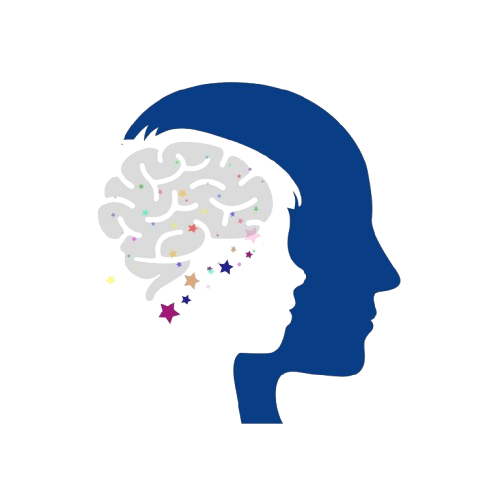What Causes Developmental Delays in Kids?
As a pediatric neurologist, I frequently encounter parents who are concerned about their child’s development. Understanding the causes of developmental delays is crucial for early identification, intervention, and support. Developmental delays occur when a child doesn’t reach expected milestones within the typical age range, affecting areas such as motor skills, language, cognitive abilities, or social-emotional development.
Understanding Developmental Delays
Developmental delays can manifest in various ways. A child might be slow to walk, talk, or interact socially with others. These delays can be temporary and resolved with time and support, or they may indicate underlying conditions that require ongoing intervention. The key is recognizing when professional evaluation is needed.
Primary Causes of Developmental Delays
Genetic Factors
Genetic conditions are among the most common causes of developmental delays. Chromosomal abnormalities like Down syndrome, fragile X syndrome, and various genetic mutations can significantly impact a child’s developmental trajectory. These conditions are present from birth and often affect multiple areas of development simultaneously.
Prenatal Factors
Events during pregnancy can profoundly impact fetal brain development. Maternal infections such as rubella, cytomegalovirus, or toxoplasmosis can cause developmental delays. Exposure to alcohol, drugs, or certain medications during pregnancy can lead to fetal alcohol spectrum disorders or other developmental complications. Poor maternal nutrition, particularly deficiencies in folic acid or other essential nutrients, can also contribute to developmental delays.
Birth Complications
Difficulties during delivery can result in oxygen deprivation to the brain, leading to developmental delays. Premature birth is another significant risk factor, as the brain continues developing rapidly during the final weeks of pregnancy. Low birth weight babies, whether born prematurely or at term, face increased risks for developmental challenges.
Environmental Factors
The environment in which a child grows up plays a crucial role in development. Exposure to toxins such as lead paint, mercury, or other heavy metals can impair brain development. Chronic stress, neglect, or trauma can significantly impact a child’s cognitive and emotional development. Conversely, lack of stimulation or limited opportunities for learning and social interaction can also contribute to delays.
Medical Conditions
Various medical conditions can cause or contribute to developmental delays. Brain injuries from accidents, infections like meningitis or encephalitis, and seizure disorders can all impact development. Chronic illnesses that affect overall health and energy levels may also slow developmental progress.
Nutritional Deficiencies
Proper nutrition is essential for healthy brain development. Severe malnutrition, particularly during critical periods of brain growth, can lead to lasting developmental delays. Specific nutrient deficiencies, such as iron deficiency anemia, can also impact cognitive development and learning abilities.
Warning Signs to Watch For
Parents should be aware of key developmental milestones and seek professional evaluation if their child shows significant delays. Red flags include not sitting by 9 months, not walking by 18 months, limited or no speech by age 2, difficulty with social interactions, or regression in previously acquired skills.
The Importance of Early Intervention
Early identification and intervention are crucial for children with developmental delays. The brain’s plasticity is greatest during early childhood, making this the optimal time for therapeutic interventions. Early intervention services can include speech therapy, occupational therapy, physical therapy, and specialized educational programs tailored to the child’s specific needs.
Prevention and Support
While not all developmental delays can be prevented, many risk factors can be reduced. Proper prenatal care, avoiding harmful substances during pregnancy, ensuring adequate nutrition, and creating a stimulating, nurturing environment for children are all important preventive measures.
For families dealing with developmental delays, support is available. Working with healthcare providers, educators, and therapists can help develop comprehensive intervention plans. Parent support groups and community resources can also provide valuable assistance and emotional support.
Moving Forward
Understanding the causes of developmental delays helps parents and caregivers make informed decisions about their child’s care. While receiving a diagnosis of developmental delay can be overwhelming, remember that with appropriate support and intervention, children can make significant progress and lead fulfilling lives.
If you have concerns about your child’s development, don’t hesitate to seek professional evaluation. Early action can make a tremendous difference in your child’s developmental journey.
Dr. Richa Child Neuro
Pediatric Neurologist
Address: Sector – A, Pocket – 1, Amar Shaheed Path, Golf City, Lucknow, Uttar Pradesh 226030
Phone: 9599458468
